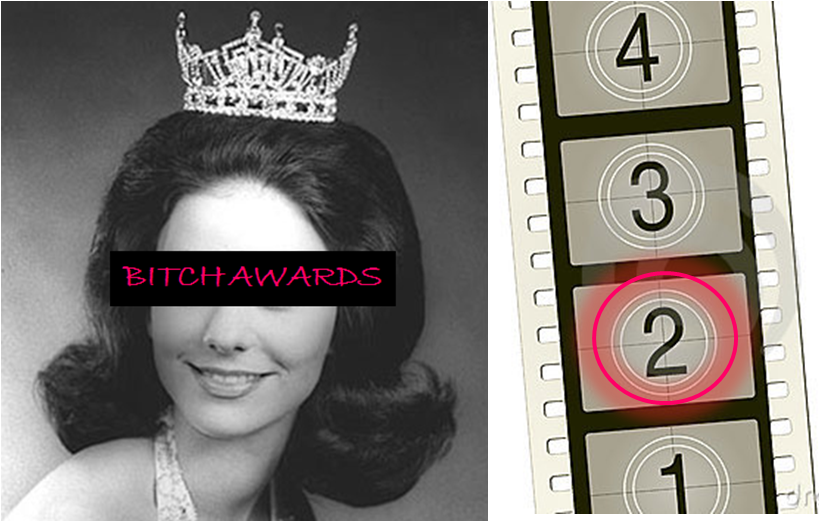 Welcome back to the first annual Bitch Awards. We’re closing in on the top films of the year and we’re up to #2. Read on for our picks for second best and worst films of the year.
Welcome back to the first annual Bitch Awards. We’re closing in on the top films of the year and we’re up to #2. Read on for our picks for second best and worst films of the year. 
WORST
TVangie:
#4: The Adjustment Bureau (Nolfi, 2011)
#3: The Twilight Saga: Breaking Dawn – Part 1 (Condon, 2011)
#2: Your Highness (Green, 2011)
Your Highness was probably in theatres for all of two weeks, and I had happily banished the entire experience from my consciousness until I was tasked to pick the worst films of 2011. Then (unfortunately) this film quickly came flooding back to my memory. Absolutely nothing in this film works. Nada. I didn’t laugh once. Not even a chuckle.
It’s a stoner comedy set in medieval times, where evil wizards, minotaurs and princes going on quests to save damsels in distress are rampant. Throw in some horrendous English accents akin to high school students doing Shakespeare for their drama classes (oh yeah, the gloves are coming off) and a couple of self-indulgent screenwriters and you’ve got Your Highness, or as I like to call it, everything wrong with Hollywood today.
Despite what you may think, I’m really not adverse to popcorn movies, but there’s absolutely nothing entertaining or redeeming about this film. And it’s not like this film didn’t have the potential. There are some great actors in the cast, Natalie Portman, Zooey Deschanel, Justin Theroux, but given a script as bad as this, there’s not much that can be done. Furthermore, the special FX and costuming are right on par with any period film.
But ultimately this film is just an exercise in how commercially successful poor taste can be. The film is filled with what teenage boys would consider funny amidst a cloud of pot smoke, complete with mean-spirited homophobic jabs (which particularly irked me) and even shades of child molestation.
I just have one piece of advice with regard to this film – AVOID.
Cinephilactic:
#4: Horrible Bosses (Gordon, 2011)
#3: Green Lantern (Campbell, 2011)
#2: Sucker Punch (Synder, 2011)
Loud. Frustrating. Long. Unnecessary.
These words describe Zach Synder’s 2011 “female empowerment” (please note sarcastic quotation marks) opus, Sucker Punch. The film, about a group of girls attempting to escape from a mental institution, is visually rendered in a series of fantasy battles and can be summed up in two words: not good.
I’ve been a fan of Synder’s since he made waves with his stylish remake of Dawn of the Dead in 2004. His next film, 300 was an exercise in style over substance, but to dismiss the film simply as a visual stunner overlooks the political machinations at play (consider who the Spartans represent and who the vaguely Middle Eastern antagonists resemble). Watchmen is a complicated and challenging piece, not altogether successful, but interesting and worthwhile nonetheless. On the whole Synder has a solid resume of visually ambitious films, so I was eager to see the finished project when I heard about Sucker Punch.
And then the reviews began coming in and it was clear that Synder’s excess had finally overwhelmed his narrative sensibilities. I’ll be honest: the film is gorgeous. The visuals – whether it’s grimy hospital interiors or medieval castles – are audacious and spectacular. There’s always something to look at, down to the smallest detail. And therein lies the problem. There’s nothing else beyond the surface; it’s all topping and no substance. The characters and their problems are less than paper thin – they’re tropes. The talented group of actresses are little more than stand-ins, designed to move the film forward from action sequence to action sequence. These sequences are the imaginary representations of a series of thefts by the main character Baby Doll (Emily Browning) to secure different objects required for the break out. In this way, the most mundane of plots (grabbing a map, a key or a knife) become twenty minute action sequences featuring an excess of non-human carnage. Side Note: These sequences feature no human adversaries so that the film’s rating could be kept at PG (since killing humans nets you an R rating).
The film is like the teen girl equivalent of Saw: ciphers stand in for characters in series of action sequences that were seemingly plotted before anything else. Even if we look beyond the problems in narrative and characterization and examine the film purely on the basis of the action and the visuals, the film still doesn’t work. The samurai, steampunk Nazis, dragons and trolls and robots are impressive, but after the first few action sequences it all becomes a repetitive blur. By the time the girls hijack a train and blast hundreds of robots to smithereens, the film has become a yawn inducing pointless bore because we ultimately don’t know these girls or care about their plight. There’s clearly no tension if the girls get offed and all you can say is “which one is that?”
Ultimately the film is not about female empowerment (the school girl skirts might as well be sponsored by the Pedophiles for Statutory Rape club). And it’s also not an action film worthy of screening in its entirety. If anything, this film is an argument for big screen TVs and Blu-Ray players: watch a movie like Sucker Punch in the comfort of your home…with the remote in hand to get to the good shit.
BEST
TVangie
#5: Margin Call (Chandor, 2011)
#2: Biutiful (Iñárritu, 2010)
My pick for second best film this year goes to Alejandro González Iñárritu’s Biutiful. I’ll be honest, I’ve never been a fan of Iñárritu’s other films. I find the eventual joining of seemingly disparate plotlines (a signature in all of his previous films – Amores perros (2000), 21 Grams (2003) and Babel (2006) to be too gimmicky and convenient for my liking. But Biutiful is a winner for me because the focus is instead placed on one man’s life – Uxbal, played exquisitely by Javier Bardem.
Uxbal, a single father on the edge of poverty, learns he is dying from terminal cancer. The film follows his difficult plight to ensure that his two children will be taken care of when he’s gone. Although the film portrays a somewhat predictable narrative structure, at its heart is Uxbal’s love for his children and is what makes it worth seeking out. Uxbal desires to do good, but with the clock ticking on his life, his choices are not as well-thought out as they should be. These choices result in some truly gut-wrenching scenes, punctuated by Iñárritu’s signature style. Emphasizing how humanity is inextricably connected, regardless of boundaries like class, race or even time, Iñárritu‘s tales unfold amidst challenging situations. The emotions are as austere as the barren environments in which they are presented, demanding that we perk up and pay attention. This film is no different, but rendered more potent as it omits the clever narrative devices which disuaded me previously.
One scene in particular skyrockets this film into my top two – where Uxbal says his final goodbye to his daughter Ana (Hanaa Bouchaib). I’m tempted to link the scene here, as I believe it still maintains its emotional impact as a standalone. But ultimately, it’s even more powerful when seen in the context of the film as a whole. The scene is utterly heartbreaking, and if I didn’t have a heart of stone, I’m sure I would be weeping uncontrollably. But take care as it doesn’t do so through manipulating tactics. There are minimal edits and almost no dialogue, yet the raw emotion speaks volumes. This scene has left a permanent mark on me – I still remember it with such clarity even months after of seeing it.
The power of this film lies in Iñárritu’s desire to show us the beauty of duality. In his juxtaposition of contrasting elements, he brings out what we wouldn’t normally consider beautiful. This film strips away anything unnecessary, almost as if to say that it is the only way we are able to see true human nature. Poignantly beautiful, this film stayed with me long after I left the theatre, and that’s why it earns a spot in my top two.
Cinephilactic
#2: Incendies (Villeneuve, 2010)
It’s been almost a year since I saw director Denis Villeneuve’s Best Foreign Film nominated Incendies, his first film since the stark and captivating Polytechnique about the mass shooting at L’ecole polytechnique in Montreal. This film is no less powerful, despite the less familiar subject. In fact when I discovered that the film screened in January and I could include it on this list, I was ecstatic. I dumped those Bridesmaids bitches to the curb and slotted Incendies in at number two – just one removed from my favourite film of the year (and even that was a tough decision).
I’ll try my best to keep this spoiler free because virtually no one saw this movie and everyone must. The film is divided between two narratives: the first is a story about fraternal twins, a brother and sister, and the other, about their mother. The film opens when the twins discover that their mother has left them two letters to deliver as her will. One letter is for their father, who is dead. The other letter is for the brother that they did not know existed. And so the film takes the search for the truth as its story, jumping back and forth in time between the efforts of the children (primarily Mélissa Désormeaux-Poulin’s Jeanne) in the present and the truth about their mother, Nawal Marwan (Lubna Azabal), in the past. To say that they are unaware of just who their mother is and what her life was is an exercise in understatement.
The hook is just the beginning, though. Makes no mistake: this is a brutal, epic film about war and terrorism and there are some deeply disturbing scenes. But the performances and the sheer beauty of the film elevate it above the bleak, sombre war stories that can feel like a chore. Incendies is never boring, or safe, or conventional, despite treading familiar territory with the slate of recent war fuelled films. To say that this is a film driven by love sounds cliche, but once you’ve seen it and begun to process the twists and turns, you come to realize that that’s the truth. Love is both the instigator of a series of absolutely terrible events, but by the film’s end, when the truth about just who Nawal Marwan is and what happened to her comes out, it’s clear that love is also responsible for the best parts of the story.
Yes, I’m being deliberately vague. It’s because I don’t want to explain to you what happens, or even why you need to see it. I want to tease you into seeking the film out yourself and uncovering its mysteries. At the end of the film, when everything comes together, I shivered because I was horrified and so completely satisfied because I had just screened a masterpiece. I couldn’t stop thinking about this film for weeks.
Even now, as I write this and re-watch the trailer, I still get the shivers.
Watch the trailer here.
—-
We’re almost at the top! Tomorrow we reveal our absolute best and total worst films of the year as the first week of the Bitch Awards comes to a close. Be sure to join us tomorrow to find out what we’ve chosen, and let us know what you think of our picks.
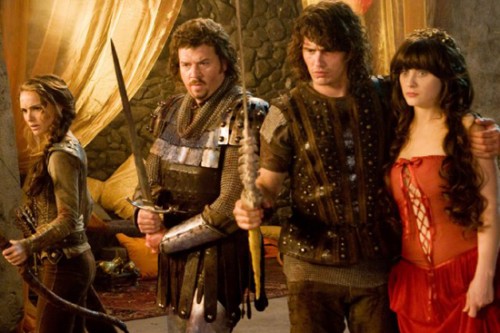
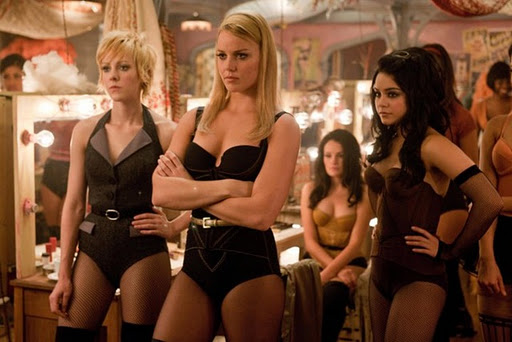
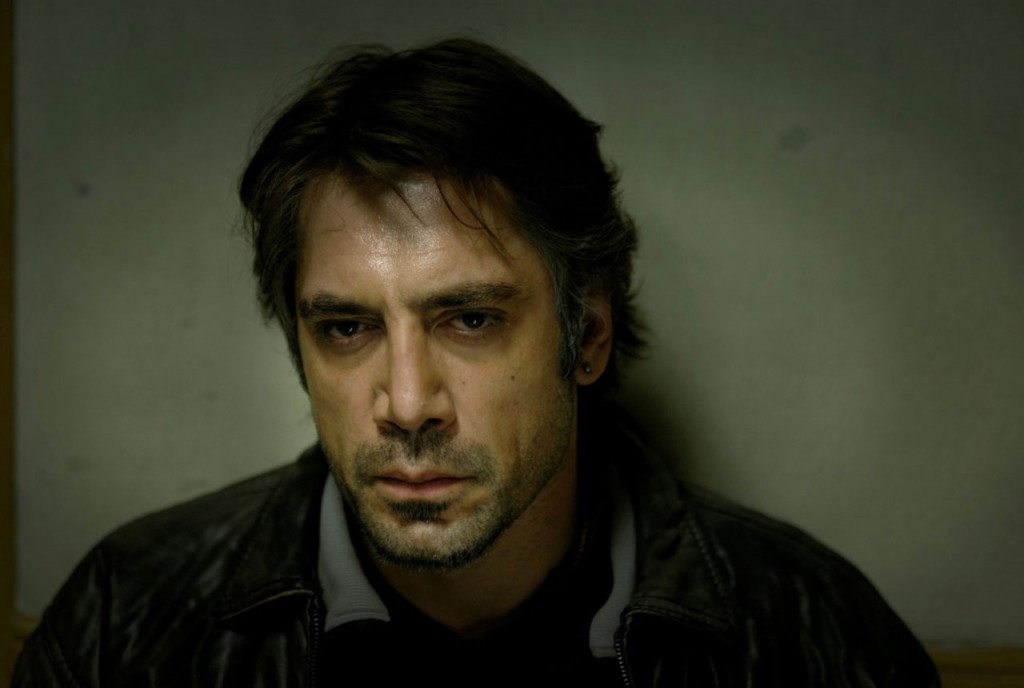
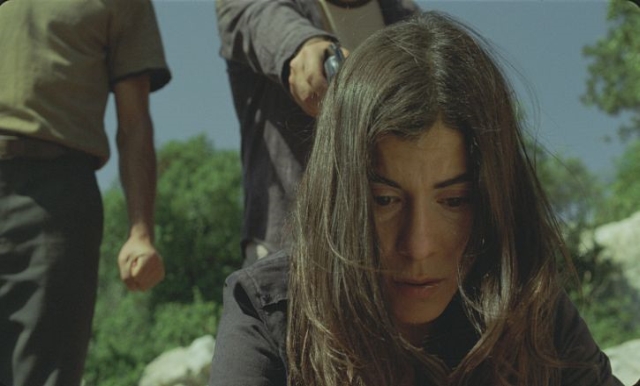
[…] Rant ← The ‘Bitch Awards’ – Best/Worst Film of 2011 (#2) […]